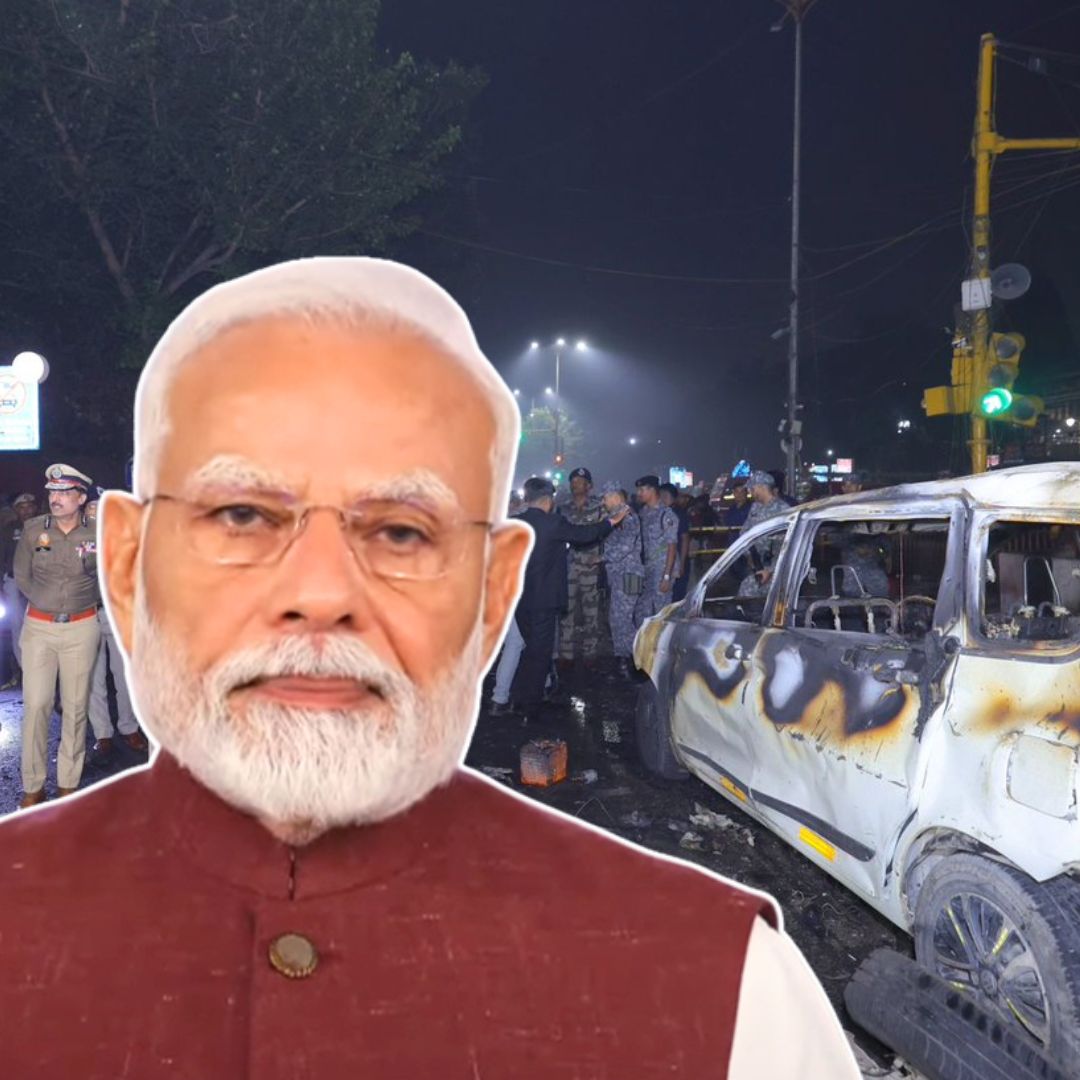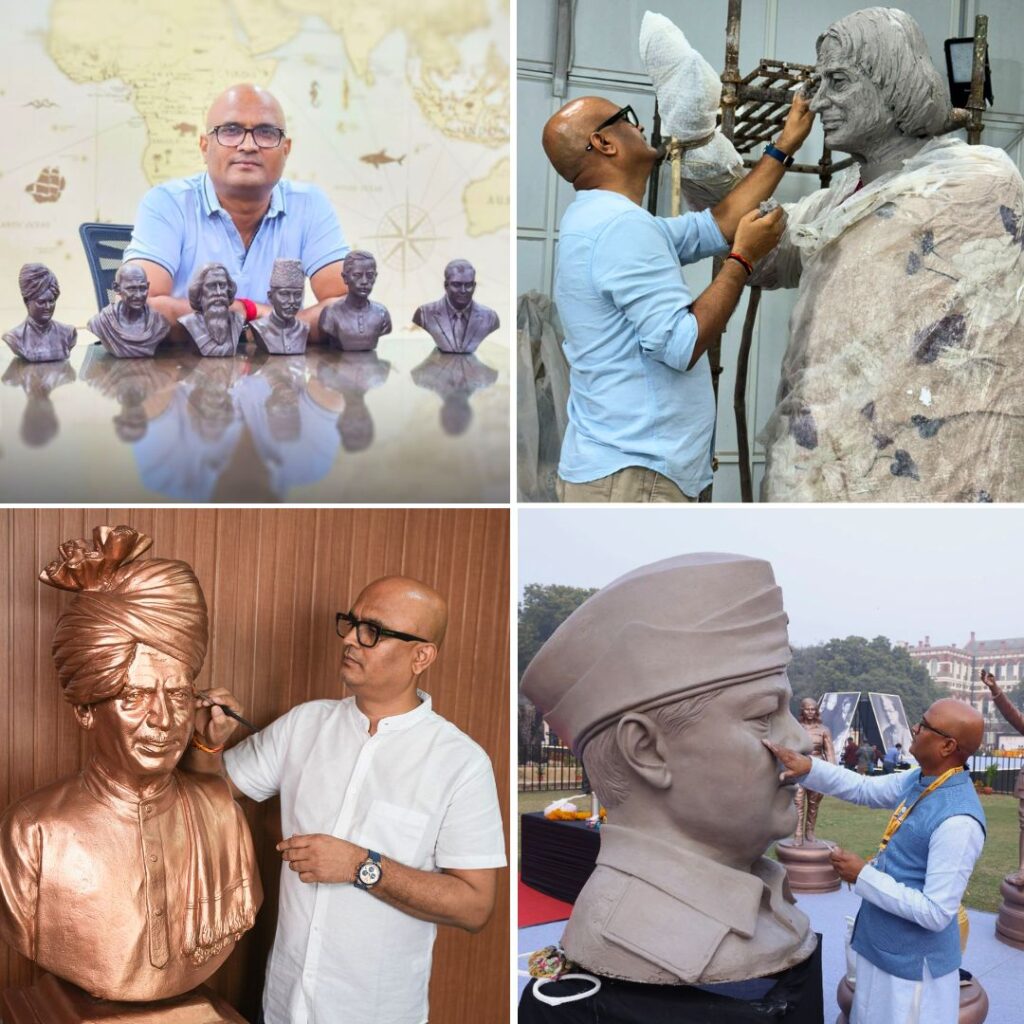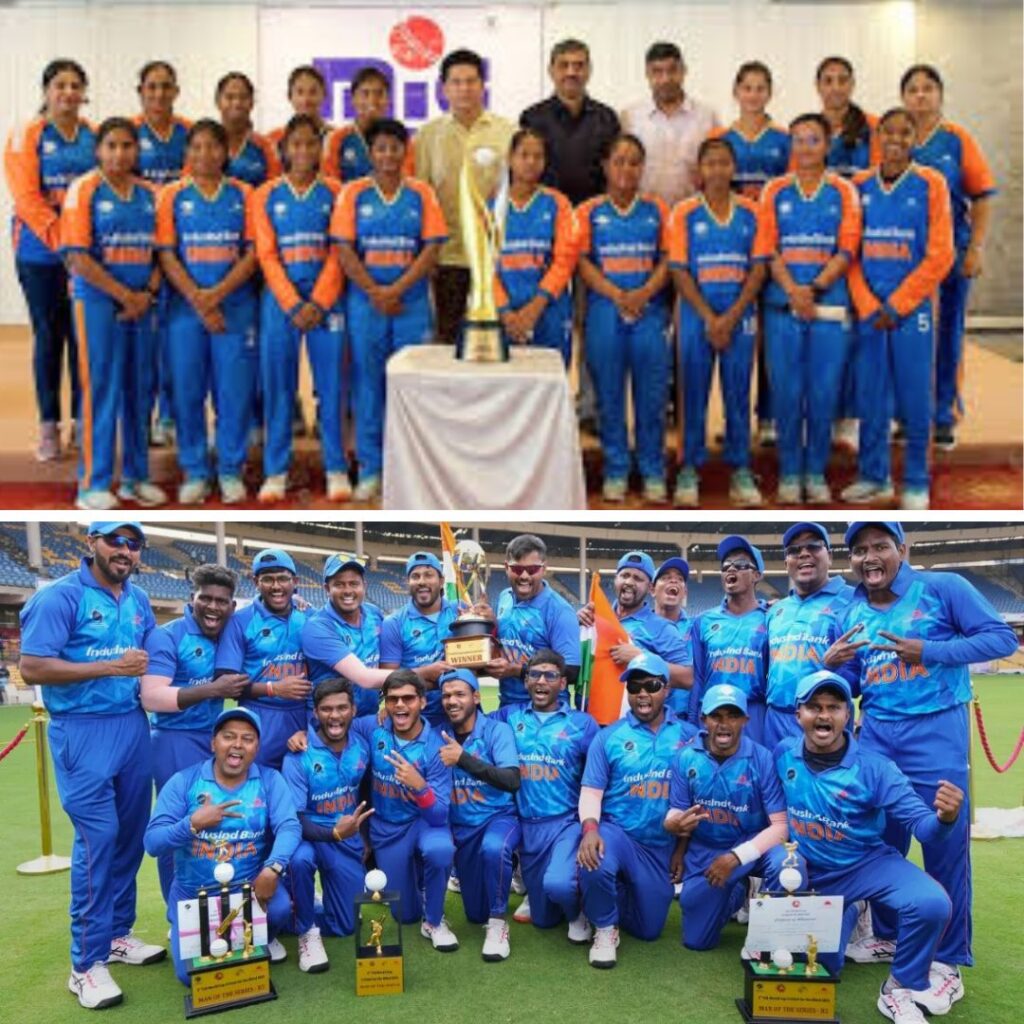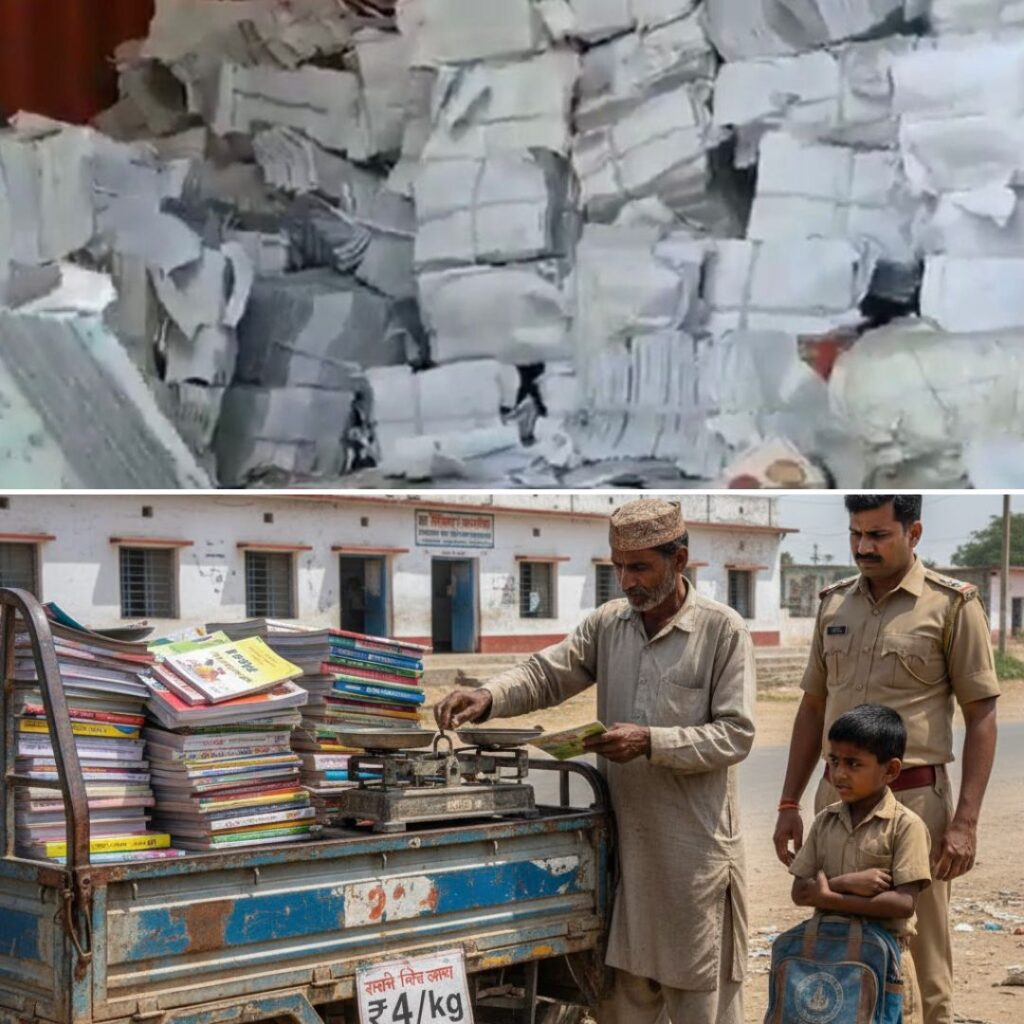Prime Minister Narendra Modi, addressing the nation from Bhutan, condemned the deadly car blast near Delhi’s Red Fort on November 10, 2025, calling it a “horrific incident” that has shaken the nation. He expressed deep sorrow for the victims and assured that the entire country stands with their families in this hour of grief.
Modi firmly declared that all those responsible for this act of terror, the conspirators behind the blast, will be brought to justice and pledged that they “will not be spared.” He emphasised that investigative agencies had been working overnight to uncover the full truth behind this conspiracy and that the government’s resolve against terrorism remains unyielding.
Prime Minister Narendra Modi is in Bhutan on a two-day state visit from November 11 to 12, 2025. The visit is to participate in the 70th birth anniversary celebrations of His Majesty Jigme Singye Wangchuck, the Fourth King of Bhutan.
Modi’s itinerary includes meeting Bhutan’s current King Jigme Khesar Namgyel Wangchuck and Prime Minister Tshering Tobgay. He is also scheduled to jointly inaugurate the 1,020 MW Punatsangchhu-II Hydroelectric Project, a significant energy collaboration between India and Bhutan.
Defence Minister Rajnath Singh also condemned the attack, offering condolences and affirming that every effort was being made to capture and punish the perpetrators.
किसी भी षड्यंत्रकारी को बख्शा नहीं जाएगा। pic.twitter.com/SlPL3vmO9p
— Himanta Biswa Sarma (@himantabiswa) November 11, 2025
The Blast
The explosion took place near Gate 1 of the Red Fort Metro Station in Old Delhi when a slow-moving white Hyundai i20 car, stopped at a traffic signal, detonated with powerful force. The blast injured over twenty-four people and killed at least 12 others. The explosion shattered glass, engulfed nearby vehicles and caused panic in one of the city’s busiest and most historic areas.
Emergency teams responded immediately to contain the fire and assist the injured. Forensic experts recovered traces of ammonium nitrate fuel oil and detonators from the vehicle, indicating the use of homemade explosives designed to cause maximum damage and casualties.

Investigations So Far
Investigators have advanced the theory that this was a terror attack, with the Delhi Police invoking stringent anti-terror laws, including the Unlawful Activities (Prevention) Act (UAPA) and sections of the Explosives Act. The police have linked the incident to a recent bust in Faridabad, where authorities recovered approximately 2,900 kg of explosives.
The car involved in the blast was traced back to a Kashmiri doctor, Umar Mohammad, believed to be part of this module. Police suspect ammonium nitrate, a common but highly explosive chemical used in the attack, was hidden in the vehicle, suggesting a carefully planned operation aimed at causing maximum destruction in a crowded area.

Broader Context and Security Measures
The attack highlights a rising security challenge for India, which has experienced previous terrorist incidents in Delhi and other major cities. It follows recent significant seizures of explosives and arms linked to terror groups, fueling concerns of larger infiltration and coordinated strikes.
Responding swiftly, the government has increased security across Delhi, tightening surveillance, establishing checkpoints, and deploying additional forces in key areas such as markets, transport hubs, and tourist sites.
Political leaders, including Union Home Minister Amit Shah, affirmed that all angles, including terrorism, are being thoroughly investigated, and assured the public that those responsible would be held accountable. Experts warn that such incidents threaten national security and demand enhanced intelligence-sharing and community engagement to prevent future attacks.
The Logical Indian’s Perspective
Acts of terror aim to sow chaos and division, but they cannot extinguish the resilience and unity of a nation committed to peace and harmony. The incident near Red Fort is a stark reminder that violence against innocent civilians must be firmly condemned by society at large.
It underscores the importance of collective responsibility: citizens, security agencies, and policymakers must collaborate, foster dialogue, and promote peacebuilding initiatives. Compassion, vigilance, and unity are our strongest defenses against hatred and violence.












